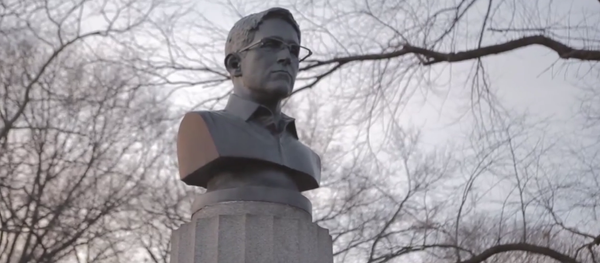Introduced by Senate Majority Leader Mitch McConnell and co-sponsored by Senate Intelligence Chairman Richard Burr, section 215 of the Patriot Act — the portion used to justify the bulk collection of US citizens’ phone records — would be extended through December 31, 2020. As it stands, it is currently due to expire on June 1.
McConnell added the bill to the calendar under Rule 14, a fast track move which allows the proposed legislation to avoid community markup.
"The Senate majority leader's bill makes no attempt to protect Americans' privacy or reform ongoing NSA surveillance programs that do not provide any tangible benefit to national security," Harley Geiger, senior counsel at the Center for Democracy & Technology, told the National Journal.
"For Americans concerned about government intrusion in their lives, the bill is a kick in the stomach."
It has been nearly two years since the shocking revelations exposed by whistleblower Edward Snowden brought the NSA’s dragnet data collections under intense global scrutiny.
On Wednesday, a bipartisan group is expected to reintroduce a surveillance-reform bill that would effectively stomp out the ability of the agency to continue sweeping up call records on millions of Americans.
“Republican leaders should be working across the aisle on legislation that protects both our national security and Americans’ privacy rights, but instead they are trying to quietly pass a straight reauthorization of the bulk-collection program that has been proven ineffective and unnecessary,” Vermont Democratic Sen. Patrick Leahy, who has been a chief backer in surveillance reform said in a statement Tuesday.
“And more, they are attempting to do so without the committee process that the majority leader has promised for important legislation,” Leahy added. “This tone-deaf attempt to pave the way for five and a half more years of unchecked surveillance will not succeed.”
McConnell, a Republican, had previously lead the charge to vote down an NSA-reform package last year, harnessing public fears to insist that reform could help terrorists harm Americans.
A review group appointed by the president as well as the Privacy and Civil Liberties Oversight Board have both agreed there is absolutely no evidence that the the surveillance allowed by section 215 of the post-9/11 Patriot Act has ever provided meaningful information to any investigation.





